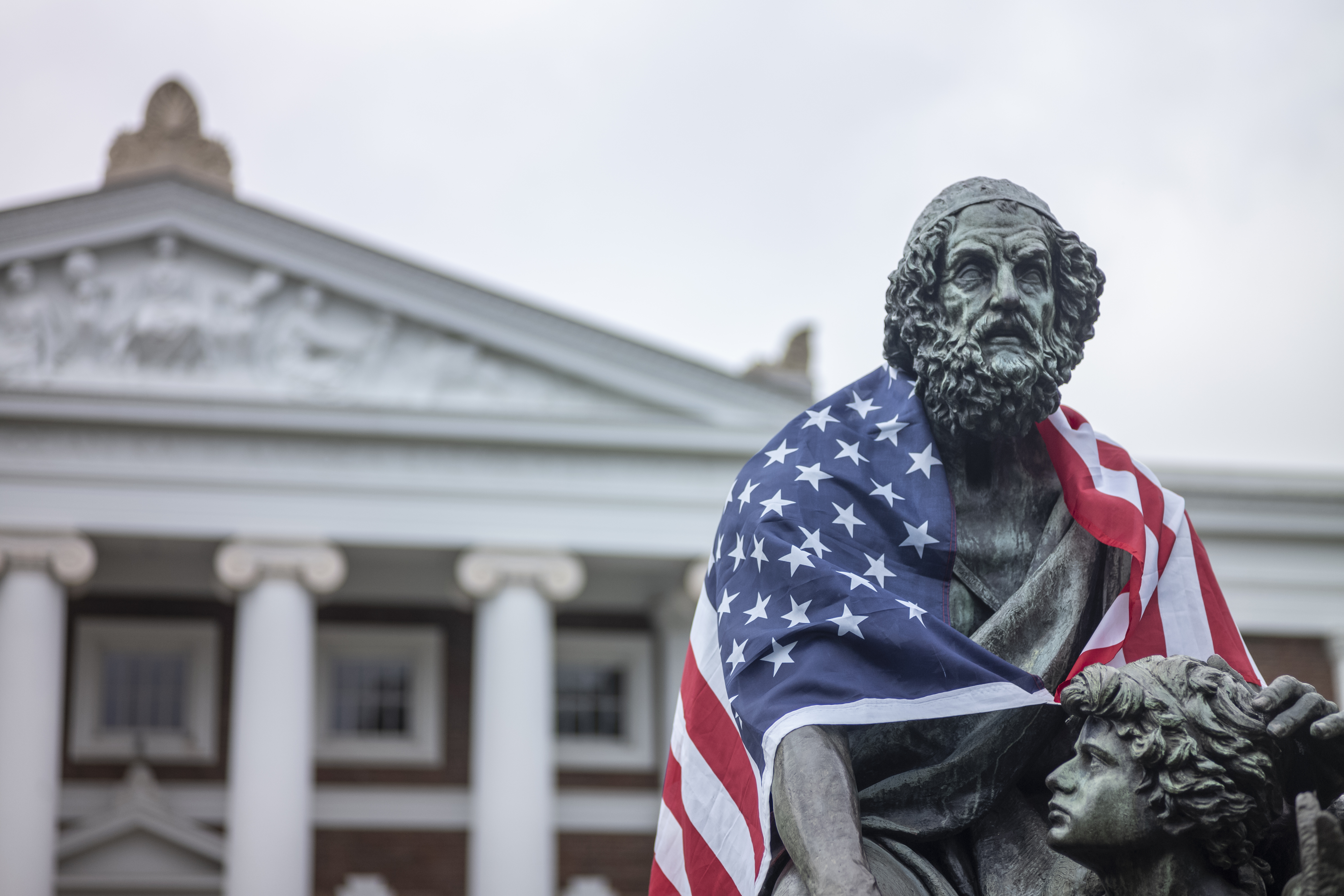
Instructor:
Communities and institutions throughout the Western world rely on popular elections to select leaders. But does plurality voting result in good leadership? This class explores alternate methods of leader selection developed and discussed in classical Greece and Rome. We will evaluate the conclusions of ancient political theorists like Plato, Aristotle, and Cicero, and compare their philosophies with the historical realities of ancient citizenship and civic participation. In addition to readings and discussion, you will test competing models of leader selection in experimental class activities and, for a final project, reimagine leader selection in any institution or industry of your choice.
Hopefully by taking this class, you will come to...
1. Consider, compare, and evaluate diverse methods of leader selection developed in ancient and modern states.
2. Reflect upon the cultural and historical contexts that shaped different political philosophies and structures in classical antiquity.
3. Recognize yourselves and your decisions as ethical agents within a citizen community on the UVA Grounds and the broader world.
4. Reflect on what characteristics and skills contribute to “good” leadership and how different political systems select for (or against) them.
